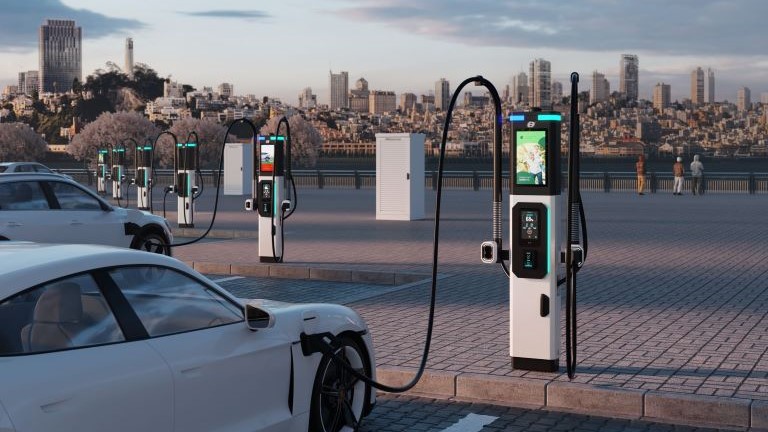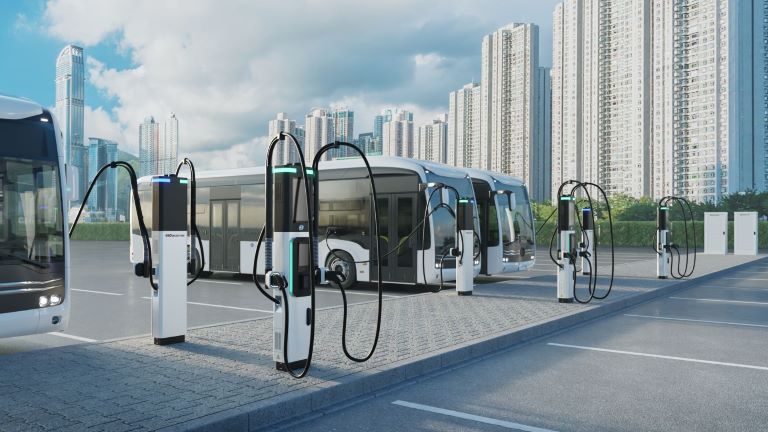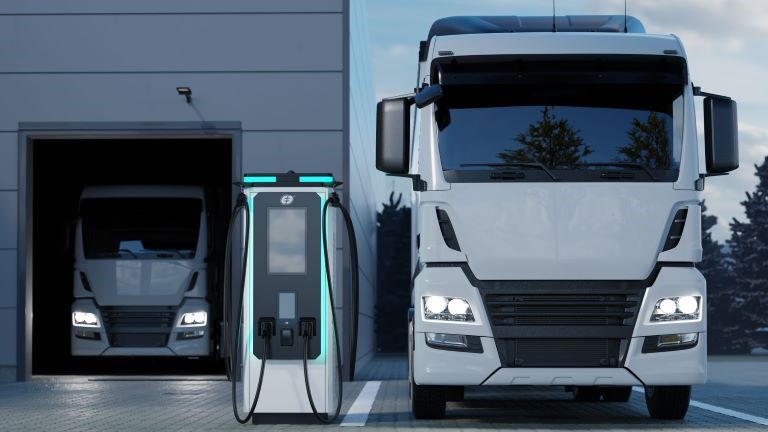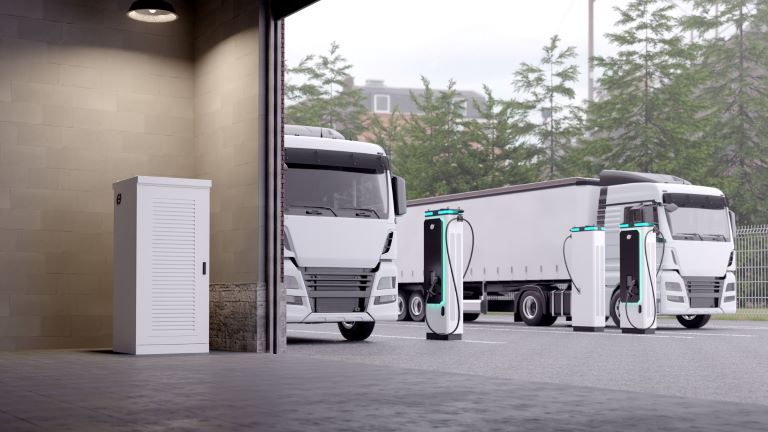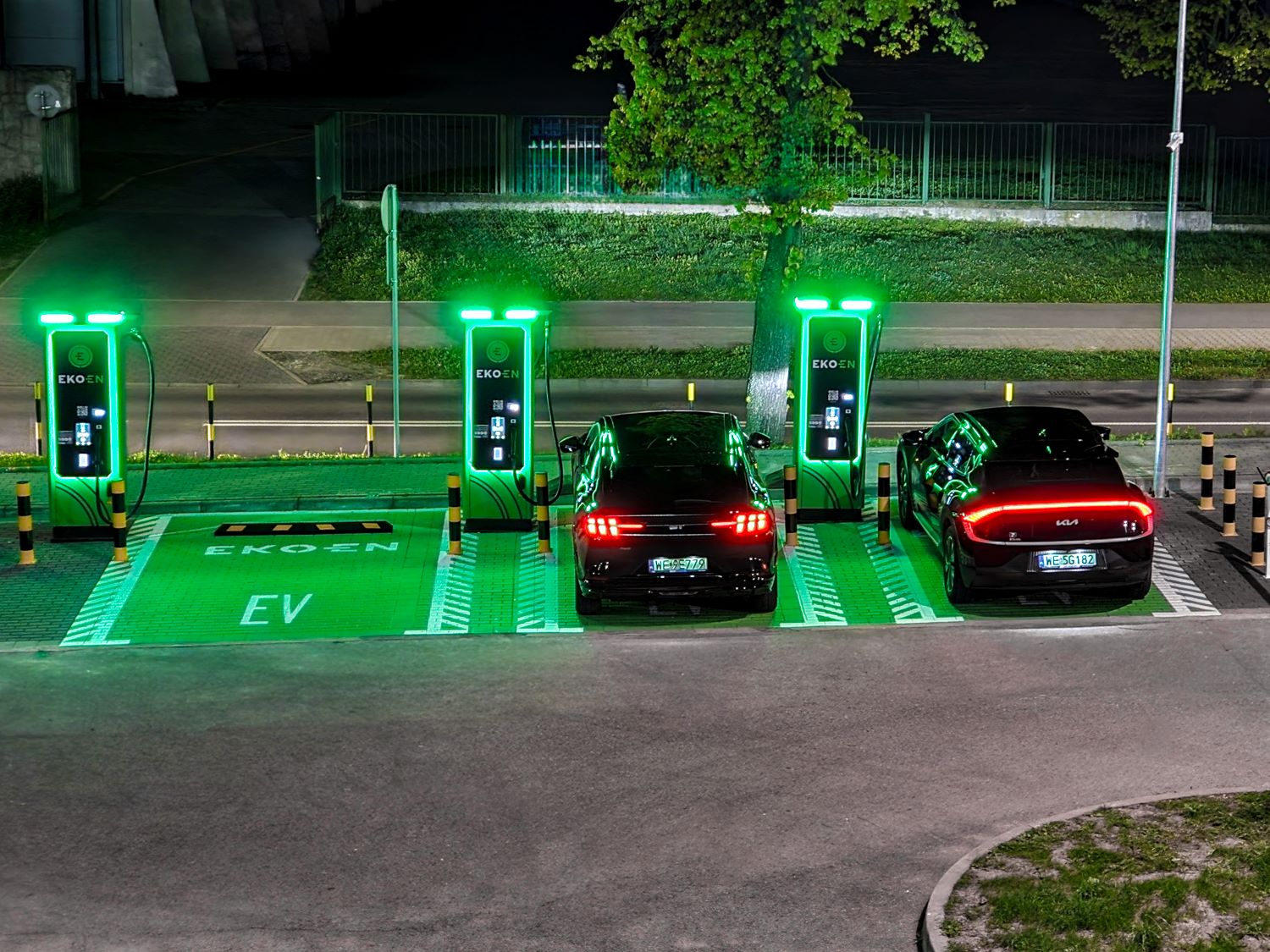
Learning how to charge an electric car is one of the first things owners of electric vehicles (EVs) do upon making the switch. Still, several subtleties in this process often go unnoticed.
Determining the optimal time to charge your electric vehicle is one of them.
Charging during the day has apparent benefits. It's hands down the most convenient option. Charging stations are easily available when you're running errands or are on your way to work.
Still, charging at night may also be a good idea. It's an excellent way to save a few bucks by taking advantage of off-peak rates. Charging your EV at home is also practical — you just need to connect your EV to a home charger before bed to recharge the battery.
So, which is better? It depends on your priorities.
Below, we discuss the various factors that influence this decision. To help you optimize your EV charging, we will review grid impact, electricity rates, and sustainable practices.
Let's get started.
Why Does the Time of Day Matter?
When it's time to charge your car, the time of day isn't just a trivial detail. It's like choosing between hitting the grocery store during rush hour or in the calm of early morning.
Peak vs. Off-Peak Hours
Many utility companies offer different pricing structures depending on the time of day.
Usually, mornings and afternoons are considered peak hours, while late evenings and nights are off-peak times.
Charging your EV during off-peak hours is a decision that can save you a lot of money. Electricity demand is lower during these times, resulting in cheaper rates.
Climate Conditions
Local climate conditions can also make certain times of the day more optimal for charging.
Since charging in moderate temperatures helps maintain battery health, you might need to postpone your charging session to evening hours if you live in a sunny place.
Time-of-Use Plans
Time-of-use (TOU) plans involve setting a different cost for charging EVs depending on the time of day, with prices being lower during off-peak hours. It encourages users to charge their vehicles during off-peak hours, even if it's a bit more inconvenient.
Thanks to it, making a quick pit stop at one of the public charging stations during the night is much easier on your wallet.
Utility companies use this tariff to incentivize customers to change their charging habits and ease the strain on the electrical grid.
TOU plans differ depending on the area. Because of that, it is advisable to ask your local utility company for exact details.
What Is the Best Time To Charge an EV, According to Science?
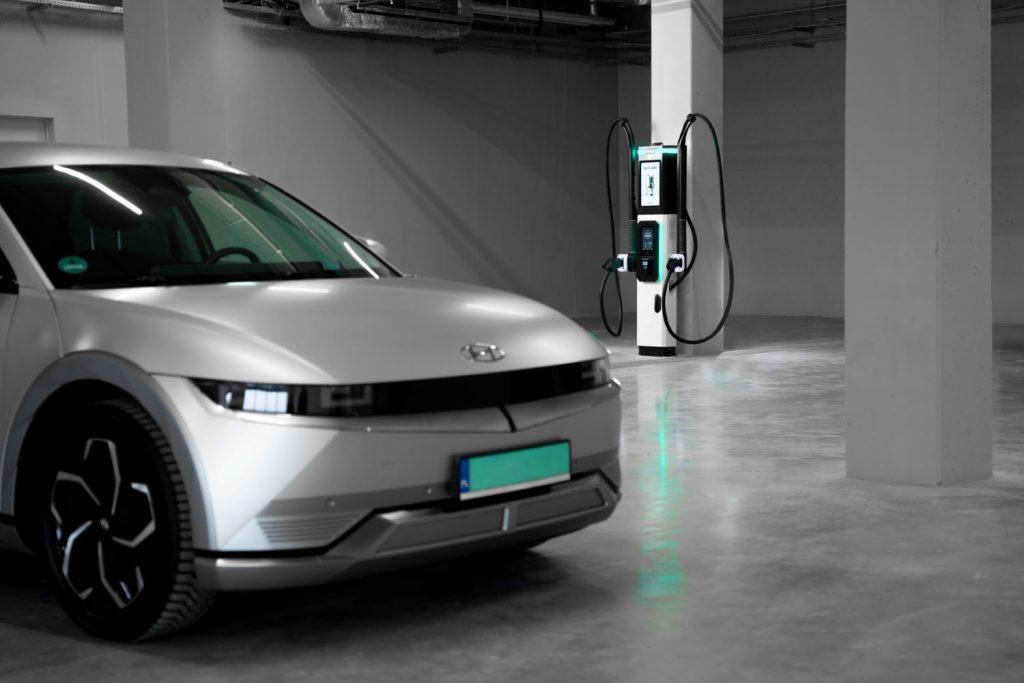
Stanford University conducted enlightening research on this very topic.
The study looked at how various charging plans impacted the electrical grid as well as EV owners.
Surprisingly, their results show that daytime charging is more beneficial. It equally meets the demand for electricity and lowers the possibility of overloading nearby substations.
Research points out that the rapid growth of EVs we're seeing could increase peak electricity demand by up to 25%, making nighttime charging a less eco-friendly option.
With less home charging and more daytime charging, we can reverse this trend and make nighttime changing a viable alternative.
Advantages of Solar Power
If you're generating capacity via renewable sources, daytime charging becomes an even more attractive proposition.
Arguably, the best time to charge EV at home for those with solar installations is midday sunlight, which allows homeowners to replenish their vehicles at low to no cost.
This approach aligns well with broader sustainability goals. By aligning your electric vehicle charging schedule with renewable energy generation, you're taking a proactive step toward reducing your carbon footprint.
Behavioral and Lifestyle Factors
Choosing the best time to charge an EV isn't just about rates or grid impact; it's also about finding a time slot that works best with your daily routine.
Knowing your driving patterns will help you create a practical and effective charging plan.
For example, if you drive to work every morning, you'll need to make sure your car is fully charged before leaving. In such a situation, charging overnight is the best way to get the most miles without messing up your daily schedule.
On the other hand, if you work from home and rarely drive far, charging during the day might be a more suitable option.
Home vs. Workplace Charging
Another aspect worth considering is where you're doing most of your charging — home or workplace.
If your job provides EV chargers, it might be beneficial to charge during office hours when electricity rates could be lower or free.
For those who primarily rely on home charging infrastructure, installing a reliable system for optimal charging sessions is necessary. A smart level 2 charger will refill your battery faster than a standard outlet would, giving you more freedom on when and how often you should refuel.
Should You Charge Your Electric Car Every Night?
Charging an electric vehicle every night sounds like a good idea. After all, waking up to a fully charged car every morning feels convenient, right? But, it might not be the best approach for everyone.
Let's talk about the advantages first. Here are a few factors that may convince EV drivers to charge their electric car at home during the night:
- Lower Rates: As mentioned earlier, electricity rates are generally lower during nighttime due to decreased demand.
- Grid Stability: Charging at night helps stabilize the grid by evening out electricity demand across 24 hours.
- Convenience: For most people, nighttime is a less active period, making it easier for them to set charging without needing immediate use of their vehicles.
That said, nighttime isn't always better for everyone or everywhere. For instance, those living in places where daytime solar energy generation is significant might find daytime charging equally effective.
Additionally, charging your EV every night could be overkill. If you have a short commute, charging every night could even end up being unnecessary.
Frequent charging could also contribute to battery degradation. Electric vehicles are designed to handle many charge cycles, yet the battery's health fairs better with moderate use.
Conclusion
Figuring out the best time to charge your EV depends on multiple factors, from local electricity pricing structures and personal lifestyle habits to specific technical specs of your vehicle battery.
In most cases, it boils down to balancing three components: cost, convenience, and sustainability.
If you want to charge an EV at home, you're likely going to do it during nighttime. This way, you can be rewarded for charging during off-peak hours and lower your electricity bill.
However, moving your charging times to the daytime will allow you to use EV chargers next to your office and keep your battery topped off when you need it most.
Consider all the factors we mentioned to determine the best time to charge an electric car in your particular case.
And if you're interested in installing an EV charging station next to your business, contact us! We're here to help you deliver large amounts of energy that your customers and employees can use to charge their cars.
FAQs
Can I overcharge my EV battery by plugging it in too long?
Overcharging modern electric vehicles' batteries isn't possible. Built-in management systems prevent damage once full capacity has been reached — they simply stop drawing power.
Which levels of chargers should I use?
Three main types exist:
- Level 1 Charger utilizes regular household outlets but takes longer due to slow delivery speeds.
- Level 2 Charger offers faster recharging, though it needs special installation.
- DC Fast Chargers, such as the Axon Easy 400, are the quickest option. Due to the large infrastructure required, they are usually found in public stations rather than homes.
